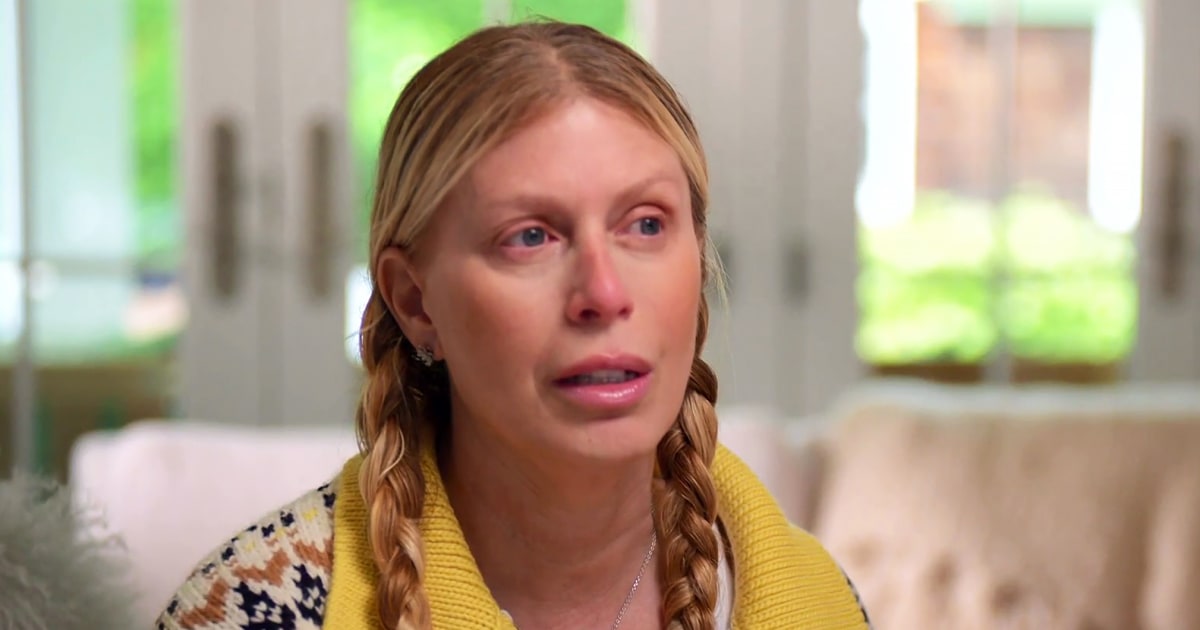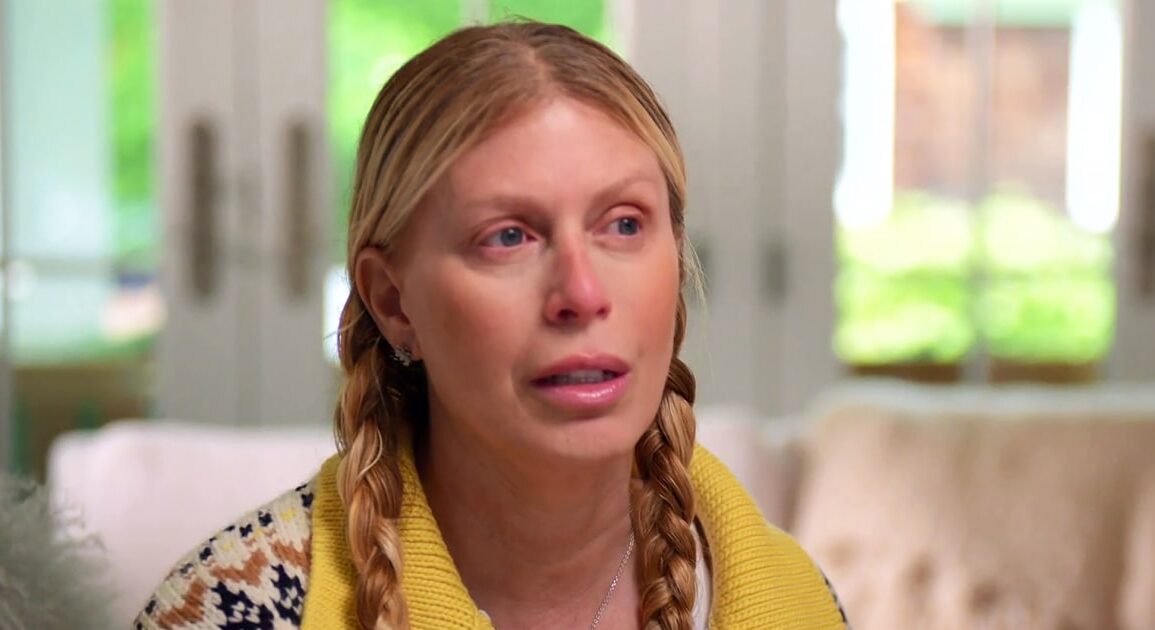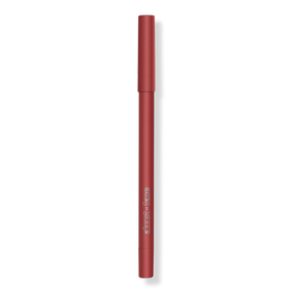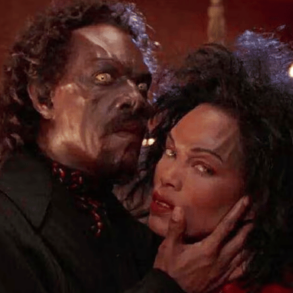
After being diagnosed with stage 2 breast cancer earlier this year, TODAY contributor Jill Martin Brooks is getting honest and real about her chemotherapy journey.
She joined TODAY on Oct. 4 after several sessions of “the red devil,” one of the most aggressive types of chemo. The plan is to have eight chemotherapy sessions in total. Jill’s already undergone a double mastectomy and had 17 lymph nodes removed, and she will also undergo a hysterectomy, partially due to her history with fibroids, as well as to reduce her ovarian cancer risk.
“Cancer is the most insidious disease and thing I’ve ever encountered (and) I think I’m a tough cookie,” Jill, 47, told TODAY. “It’s strange because I look like myself. (But) I can look in the mirror, I see the difference, I see that I’ve lost some hair and I see that I don’t have the same sparkle that I like to wake up with.”
Still, continuing to work has been a bright spot for her, even if she doesn’t have the same energy she’s used to, and she’s been able to keep most of her hair and survive chemo with no vomiting. Physical therapy post-mastectomy has helped her feel more in control of her body, as well.
“You picture getting chemotherapy (as) you’re in the bathroom, hurled over,” she explained, adding that that hasn’t been her experience thanks to recent treatment advancements. She also shared that she has a chemo port, which allows her to receive the drug without a needle stick.
Chemo has become a part of her new routine after she appears on TODAY for Steals & Deals every other Wednesday.
“Chemo is cumulative. It gets worse every time. … Every time I sleep for one extra day, so the week after chemo is like, there’s no plans. I’ll be in bed, and I give myself the grace of that,” she explained. “Then, the week after that leading up to the next treatment, you feel OK. So, I schedule Steals & Deals and coming into the studio on days that I have chemotherapy because that’s the day I’m the healthiest.”
“I take off the makeup, and I take off the clothes and then I go from lights, camera, action to like the most devastating thing,” she added.
For some people, each chemotherapy session can be as short as two hours, but Jill’s are taking closer to 12 because she’s undergoing a process called cold-capping to keep her hair. The idea is that the intense cold narrows the blood vessels in the scalp, reducing the amount of the chemo drug that gets into the follicles, preventing as many hairs from falling out, according to BreastCancer.org.
“At the beginning, I (was) like, I’ll just shave my head. And for some people, that is their journey and that’s soothing for them,” Jill recalled. “I’m not a big makeup person. (My hair) has always been something that makes me feel like myself.”
“You want keep as much normality as you can in the abnormal,” she added. She estimated she still has about 70% of her hair.
Another treatment advancement Jill is quick to praise is the steroids she receives to minimize her nausea: “The steroids make you elevated and crazier as my husband would jokingly say, but there are ways … to counteract the things that you typically stereotype chemo to be.”
Showing the reality of life with treatment was important to Jill in order to help others.
“You think I want to be on camera right now with no makeup, my hair in braids because I’m not allowed to brush it, I’m not allowed to color it, I’m not allowed to wash it in the shower?” she said. “I’d rather be dolled up … but this is real and this is life.”
Jill’s family, especially her parents, husband, brother and sister-in-law, have played a huge role in her maintaining her strength during this period, she said.
“I’ve been choosing to fight and it sucks,” she laughed. “It’s a full-time job and I’m trying really hard. It’s so hard watching my parents and my friends watch me. … I think to myself, ‘Thank goodness it’s me because if I had to watch that, no way.'”
The silver lining of the experience is that Jill has been able to slow down a little bit. “I will take time off and I will rest and I will heal and I will work out and I will continue physical therapy, which has been really big part of my journey and I will continue to advocate for women and men to not be afraid of getting (genetic testing), not being afraid of getting treatment because of what it will bring and showcasing … what it is like to live through chemotherapy,” she said.
“You’re living it with me in real time. This part of the story right now. Unfortunately, it doesn’t have a happy ending this minute.”
Some public figures may prefer to undergo such intense medical treatments in private, but Jill is hopeful that sharing what she’s going through can save lives.
“I’ve been with the show for 15 years and I’ve shared the happy, I’ve shared the sad, and now, I’m sharing the scary,” she said. “I feel … I was given this to be able to help and save other people. I truly believe that deep down.”
When Jill first shared her diagnosis, she urged TODAY viewers to talk to their health care providers about genetic testing for cancer risk. She found out she had a mutation to one of her BRCA genes — which dramatically increases risk of breast and other cancers — shortly before receiving her diagnosis. She’d been planning to get a preventive mastectomy until she found out she actually had cancer.
During her Oct. 4 visit to TODAY, that message was unchanged.
“If I had known, this could have been prevented, and so I could have taken steps. That’s one main message I want to make sure I get out,” she said.
This post was originally published on this site be sure to check out more of their content.









